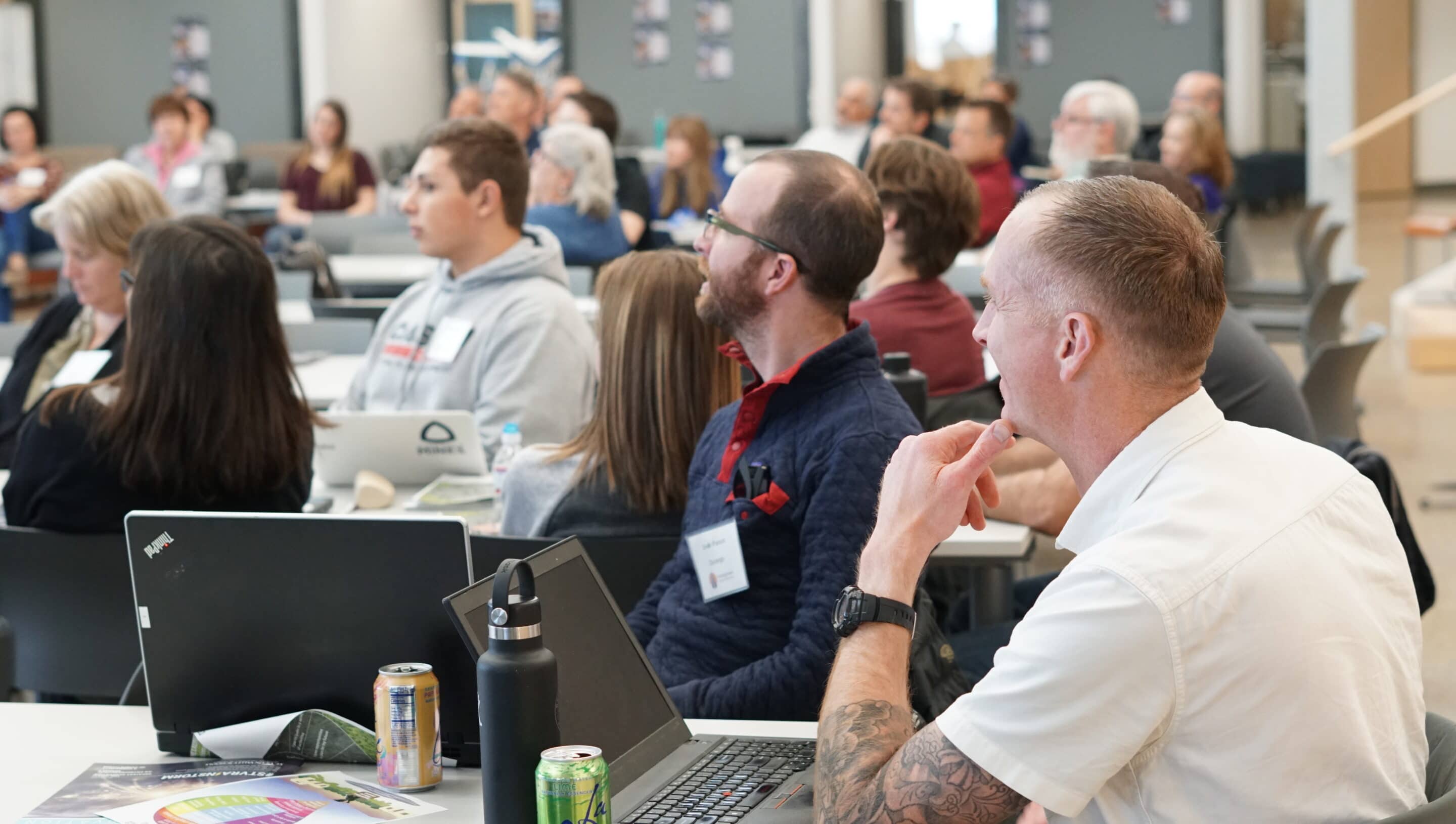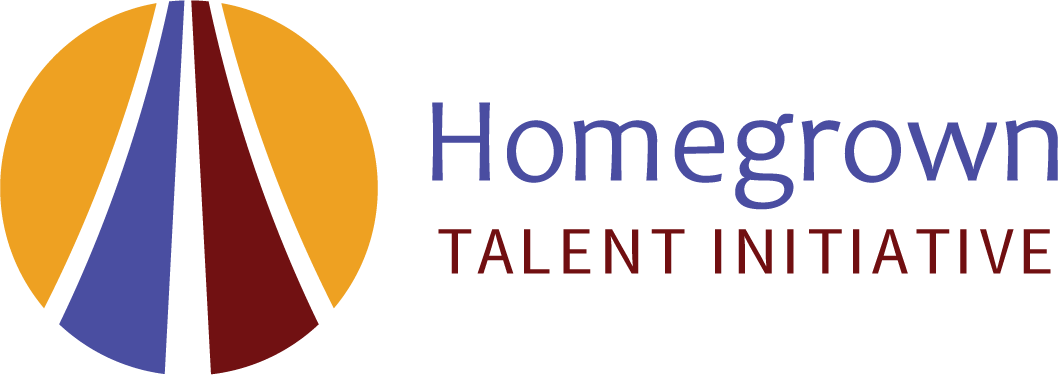
Throughout the last two years, Homegrown Talent Initiative has been working with eight rural communities across Colorado to build work-based learning and career exploration opportunities to meet the needs of students, families, schools, business, and industry in these regions. The Center on Reinventing Public Education (CRPE) has been following these efforts, and recently released their emerging learnings on HTI.
CRPE highlighted three keys to HTI’s persistence and success despite pandemic challenges: 1) Graduate Profiles and community involvement are integral components of district change and programs, 2) direct support from technical assistance providers – primarily Colorado Succeeds and Colorado Education Initiative (CEI) – and 3) a focus on systemic change and district policies to support work-based learning.
In addition to these learnings from CRPE, Colorado Succeeds and CEI are encouraged by the following trends in HTI communities as this work transitions into its third year of programming.
Resiliency and Agility – HTI districts have demonstrated incredible resiliency and agility in the face of unparalleled challenges. These districts began planning new career-connected learning opportunities before the pandemic, and had to drastically alter their plans over the last year. From pivoting in-person career fairs to video interviews and surveys with business partners, to finding creative ways to allow internships to move forward, these districts have demonstrated their commitment to expanding opportunities for students and building strong relationships with their local communities. This perseverance and innovation has led districts to pursue new opportunities than they originally envisioned, many of which they plan to continue beyond the pandemic.

Four districts were awarded grants totaling $1.98 million through the RISE Education Fund to continue work aligned with their HTI implementation plans, leveraging the skills, knowledge and programs developed through HTI
Student-Informed Programming – School districts have used the last two years of HTI to build relationships like never before, soliciting input on graduate profiles, internship offerings, and skill development for students. Student voice is a key component new programs, with districts asking students what types opportunities that interest them, from career exploration videos that interviewed local business leaders to individual surveys and career counseling with staff, these districts focused on a student-centered approach to their work.

150+ high school students in Holyoke participated in 1:1 meetings with counselors to discuss career-connected learning opportunities through the school and how these opportunities align with student interest, postsecondary and career pathways, and their Graduate Profile.
Rural Collaboration – A crucial component of HTI, collaboration has taken two main forms as districts turn to one another for support, and turn to their local community for partnership. Cross-district knowledge sharing, troubleshooting and collaboration among the HTI cohort helps districts learn from one another, develop new ideas, and gain insights into how other districts have piloted a schedule change or are introducing concurrent enrollment opportunities. Rural districts are also working closely with local industry in their area to ensure their work-based learning programs not only meet student interest, but also industry and workforce needs, and develop high-demand skills in students. This collaboration across the educomony has led to robust support for HTI as business have started approaching school district with ideas for work-based learning opportunities.

98% of HTI district teams find the HTI cohort model valuable, particularly citing the opportunity to learn and implement alongside peers
Homegrown Talent Initiative has learned a great deal about the strengths, needs, and unique assets each of these communities through our partnership with these districts. The trends listed above are just the beginning of positive change when schools, families, businesses, and communities come together to reimagine what’s possible. We are excited to continue to learn alongside these communities as they build robust career pathways and work-based learning opportunities for students.
